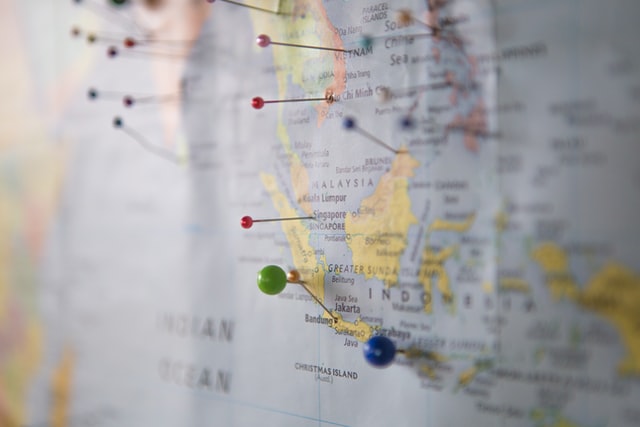
Why DNA-RISK?
Researchers at DNA Risk delve deeper to find out what is beneath the surface. With a wide cooperative network from field research work to Law Enforcement Agency (LEA), we plan ahead and get prepared earlier to handle the different scenarios to better protect your brand, IP and integrity.
Let’s take a look at how our expertise can help you mitigate and manage risk.

